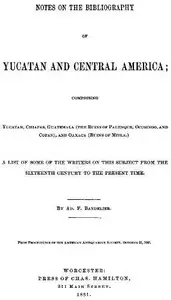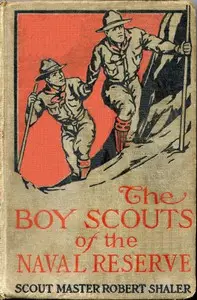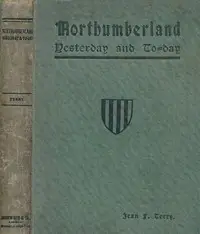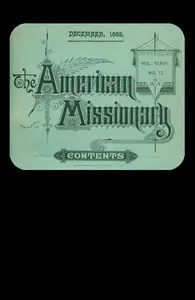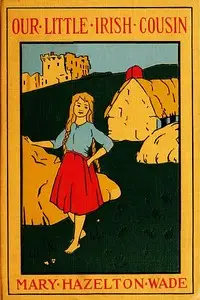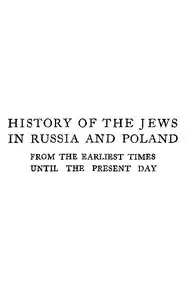"The Franco-German War of 1870-71" by Graf von Helmuth Moltke is a historical account written in the late 19th century. The book provides a detailed examination of the events, strategies, and implications of the war between France and Germany, focusing particularly on the military operations and decisions made during the conflict. It is likely to attract readers interested in military history, strategy, and the factors leading to the emergence of Germany as a unified state. At the start of the text, the author shares insights into the evolving nature of warfare, emphasizing the shift from traditional conflicts fought by small, professional armies to large-scale wars involving entire nations. The narrative sets the stage for the war's outbreak, indicating that the dynamics of national ambitions and public sentiment played significant roles in igniting hostilities. It touches on the pre-war preparations of both the French and German armies, highlighting the logistical challenges faced by France as it mobilized its forces, leading to the initial skirmishes at Weissenburg and Wörth as German troops moved into action. This introduction serves to contextualize the war's military engagements and the subsequent battles that defined the conflict's course. (This is an automatically generated summary.)
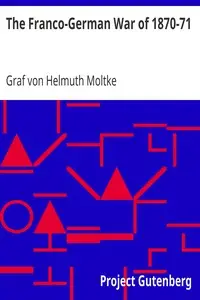
The Franco-German War of 1870-71
By Helmuth Moltke
"The Franco-German War of 1870-71" by Graf von Helmuth Moltke is a historical account written in the late 19th century. The book provides a detailed e...
Helmuth Karl Bernhard Graf von Moltke was a Prussian field marshal. The chief of staff of the Prussian Army for thirty years, he is regarded as the creator of a new, more modern method of directing armies in the field and one of the finest military minds of his generation. He commanded troops in Europe and the Middle East, in the Second Schleswig War, Austro-Prussian War, and Franco-Prussian War. He is described as embodying "Prussian military organization and tactical genius". He was fascinated with railways and pioneered their military use. He is often referred to as Moltke the Elder to distinguish him from his nephew Helmuth von Moltke the Younger, who commanded the German army at the outbreak of the First World War. He is notably the earliest-born human whose recorded voice is preserved, being born in the last year of the 18th century (1800). He made four recordings; two that were recorded in October 1889 are preserved to this day.


